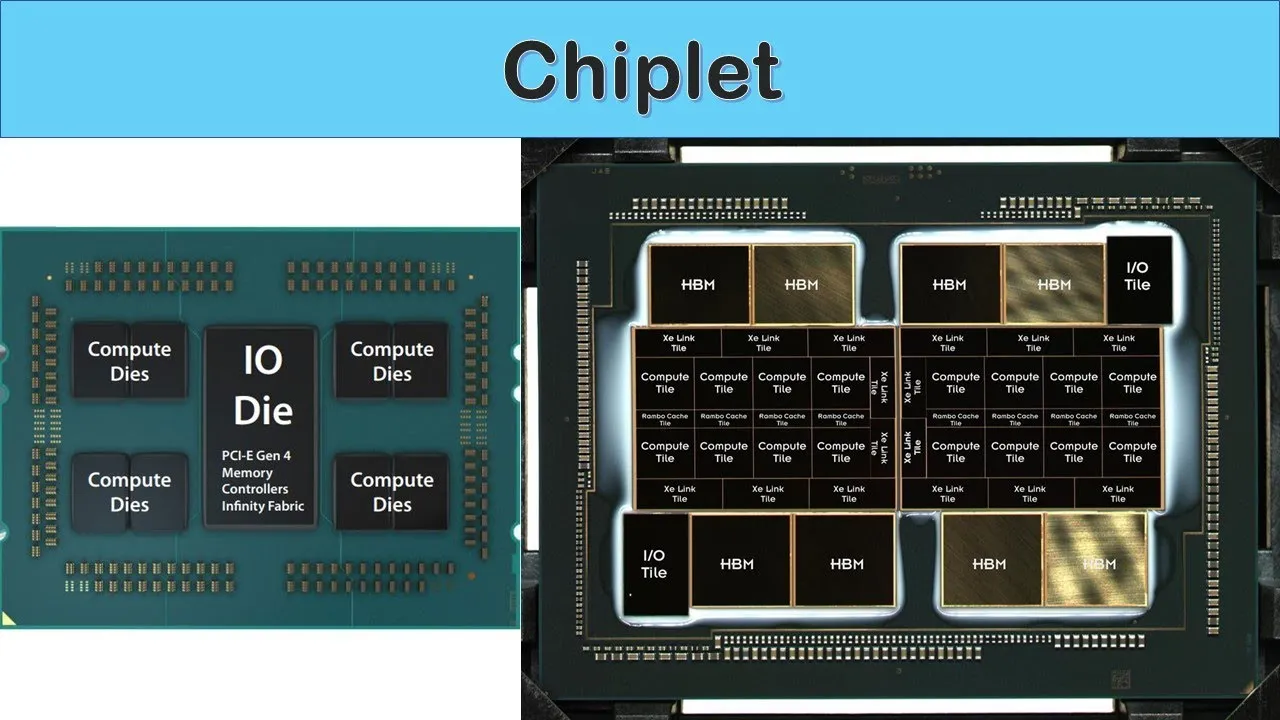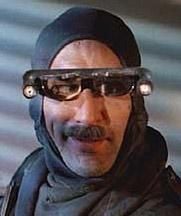Taiwan Semiconductor Manufacturing Company suspended shipments to China-based chip designer Sophgo after a chip it made was found on a Huawei AI processor, according to two people familiar with the matter.
Sophgo had ordered chips from TSMC that matched the one found on Huawei’s Ascend 910B, the people said. Huawei is restricted from buying the technology to protect U.S. national security. Reuters could not determine how the chip ended up on the Huawei product.
Tech research firm TechInsights discovered the TSMC chip on Huawei’s Ascend 910B when it took apart the multi-chip processor, a different source told Reuters on Tuesday. Alerted to the finding, about two weeks ago TSMC notified the U.S., the source said.
The Chinese government lying through its teeth? You don’t say
B-b-but China said all their chips are self made and that sanctions only accelerate their technological progress. You mean they got caught lying through their teeth again?
deleted by creator
Huawei stated no such thing. Huawei is also not “China” no matter how much US corporations want to make you believe it is so you can continue to buy NSA backed doored US designed products.
9-hour-old account hither and thither shilling the CCP
Lemmy.world’s rules do prevent one from name calling or general as hominem, but since you decided to; Do you have anything to actually add to the discussion or are you so bigoted that anyone speaking positively about a Chinese person overrides any self preservation instinct and you just need to announce to the world that you’re a bigot and leave it at that?
Bigot, says who denies Xinjiang genocide. There’s nothing to add to the discussion when you are clearly not capable of having one lol. Blocked.
im still waiting for any proof at all on this one
And reported. Multiple times for your many outright racist comments against Asians in general.
Thank you. I’m Asian myself so 😅
Removed by mod
The CCP definitely have more say in Chinese tech than the US Government has over US tech. In China, the government controls industry, in the US industry controls government. That said, both are likely backdoored.
You posted three articles of of China using the US’s existing backdoors. This is why Intel was banned in China.
To your loaded question, because we do audits on hardware (no backdoor) and software (sometimes a backdoor, don’t use wechat).
We know the CCP isn’t going to backdoor hardware, and it’s really simple why not. Backdoors go both ways. Only the most ridiculously stupidly arrogant country would put in a backdoor assuming they’re the only ones that will ever be able to use it.
Removed by mod
How do US restrictions factor in here? TSMC is a Taiwanese company with only one operational plant in the US, the majority are in Taiwan, China, and Japan.
The US is the primary military force protecting Taiwan, by treaty. That’s likely why.
And The US is A very big market and TSMC exports a lot of chips into the US.
Your friend knows a secret recipe for the best chocolate chip cookies. Your mother owns the best ovens in town.
Your friend cuts a deal with your mother to use her oven exclusively. Your mother agrees knowing she’ll get to charge your friend every time they use the ovens.
This is like that. The main value is in the design (recipe). Modern foundry’s are also complex and difficult to operate affordably, but they exist all over the planet. It’s ultimately the partnerships that makes it all possible.
Not all foundries are the same. Taiwan is leading the way for quite a long time.
There’s a lot of money in both intellectual property and physical manufacturing. Trying to do an analogy with software is unfair because in software most of the costs is labor, and once the first copy is made you can make and sell as many extra copies as you want. Physical manufacturing needs machine maintenance, and expensive materials in this case.
They could ignore sanctions but that would mean they’d be sanctioned as well. Pretty much every manufacturer and financial institution has to obey laws in multiple jurisdictions if they want to operate within those markets.
Would the USA actually sanction TSMC though? Wouldn’t that be a massive blow to companies like apple?
People talk about Apple only but every competitive chip designer (which Intel is not) depends on TSMC, so they all get set back.
But TSMC gets to close, and what’s more dangerous for the political stability of Taiwan is that since they don’t have oil they lose West military protection.
You are forgetting that Taiwan has an interest in supporting the U.S. led sanctions.
They need asml lithography equipment without which they are a nothing burger and to get that you need to play nice with US and EU.
Lithography but also clients like Apple, Intel, AMD and so on. Without them they’re also toast. World today is so interconnected that at large scale it’s really hard not to be compliant with sanctions.
at large scale it’s really hard not to be compliant with sanctions.
Russia seems to be find its way around them with some middle men surcharges
But they don’t make semiconductors, do they?
Semiconductors are a broad category and they make some
There is likely a lot of US tech in that chip. TSMC is just a fab, they don’t have a lot of their own technology, they buy thousands of pieces of tech from all over the world to make their chips. A lot of that comes from the US.
Yes, but it would be an even bigger blow to TSMC if all US companies would stop buying from them. I’m pretty sure nvidia, AMD and Apple make a very sizable part of their customer base.
I’m sure TSMC would become untenable if either the US stopped buying or selling to them, though I tend to disagree and think that not licensing US tech would kill them faster. I’m pretty sure that much of that tech is not available from anywhere else and would just cause a full stop of their business, at least for some time. It’s easier to survive on lower revenue than it is on a fully shuttered assembly line.
Not really. China would just buy it all if given the chance and the US companies would be fucked, since TSMC is practically a monopoly within its field at the moment.
It’s not as easy, as TSMC needs ASML hardware, which wouldn’t sell it to TSMC anymore because they also want to sell to US companies.
I didn’t say it would be easy, but anything TSMC currently produces would likely find a new buyer even with no US customers, so in the short run the loser would not be TSMC. In the long run, it’s pointless to speculate, since US would probably try to level Taiwan down rather than let China have the semiconductor sector to itself… Let’s hope it doesn’t come to that, though.
Do you think China could soak enough capacity to get TSMC to turn away from all of its major customers? Isn’t most of their industrial design focused on consumer products with automaton, not high end chips? Are there many high end Chinese chip designs?
Countries willing to pass on a US patent to China stop getting the chips (or, in this case, chip-making jobs, realistically, but that still hurts)
Also Taiwan doesn’t wanna help China and even if a US sanction was just an excuse to hurt China and get away with it they’d probably do it.
Edit: in this case, this chip is “foreign-produced items […] that are the direct product of U.S. technology or software”, according to the article. I feel it was implied but clarity is always good. US technology, used with permission in a Taiwanese good, and that permission could be retracted.
US law permits US control over any company in the world that uses US technology.
US legal mechanisms for internationally enforcing US law are not like domestic enforcement mechanisms. The scenarios that the pro-China folks here are talking about involve a (completely unrealistic) switch in Taiwanese allegiance, that would make US economic enforcement less relevant, and US military enforcement a serious international risk.
There are just a lot of tankies commenting, and you have to be able to interpret their logic.
The US claim on TSMC, are based on it using ASML (Dutch) equipment which has patent licenses from US. I was just answering the puzzling US colonial power roots. There may come a point of challenging the colonial patent power, while still attempting to pay for the patent, or China’s “delete America” program may get more allies or rebellion from the colonies.
China/BRICS is a much bigger market than US, and economics means figuring out a way to earn from all sides is motivated. US promises to isolate itself even more under Trump, and there is a limit to how much it will be respected.
Taiwan-based firm stops shipments to China-based firm due to US-says-so? Maybe Taiwan should join BRICS.
Taiwan-based firm stops shipments to China-based firm due to US-says-so?
Because the only one impeding China to genocide Taiwan is the US
genocineliberation! 🇨🇳🇨🇳🇨🇳
+++69 social credits
When I read “processor” in this context, I’m usually thinking of a discrete component. Wat?
I could understand being surprised to find a certain processor in a chip, but how y’all fitting chips in processors? I’m guessing that this is just another tech “journalism” failure.
https://asiatimes.com/2024/10/huawei-uses-tsmc-loophole-to-bypass-us-chip-ban/
There’s a semi-realistic graphic in that article. You can see multiple components in one package.
Besides, CPUs have had integrated GPUs for years now. I’m not sure why you’d be surprised to hear about separate multiple processor chips inside one big processor package.
You don’t seem to understand what I’m saying.
I’d be surprised to find a Cortex M0 in an SoC that billed itself as having a Cortex M33, for example.
A System on a Chip can often have a CPU, GPU, and other subprocessors all on one die, but multiple chips on a processor is backwards.
So… you’re saying calling a productized die a “chip” is inappropriate? I think you’d be in the minority.
Removed by mod
It’s fucking hilarious when people are so confidently and aggressively wrong like this.
Sure, ignore the professional.
Removed by mod
Seems my other, completely reasonable retort was removed 🙄
So all I’ll say is: based on you seemingly not understanding what a chip is, it seriously brings into disrepute your claim that you are a professional in the semiconductor industry.
That is not very friendly.
Anyway, here’s a picture of what I believe is a multi-chip processor.

That’s something else entirely. It literally even says “chiplet” at the top. It is a collection of discrete processor chips.
These have existed before the term “chiplet”.







